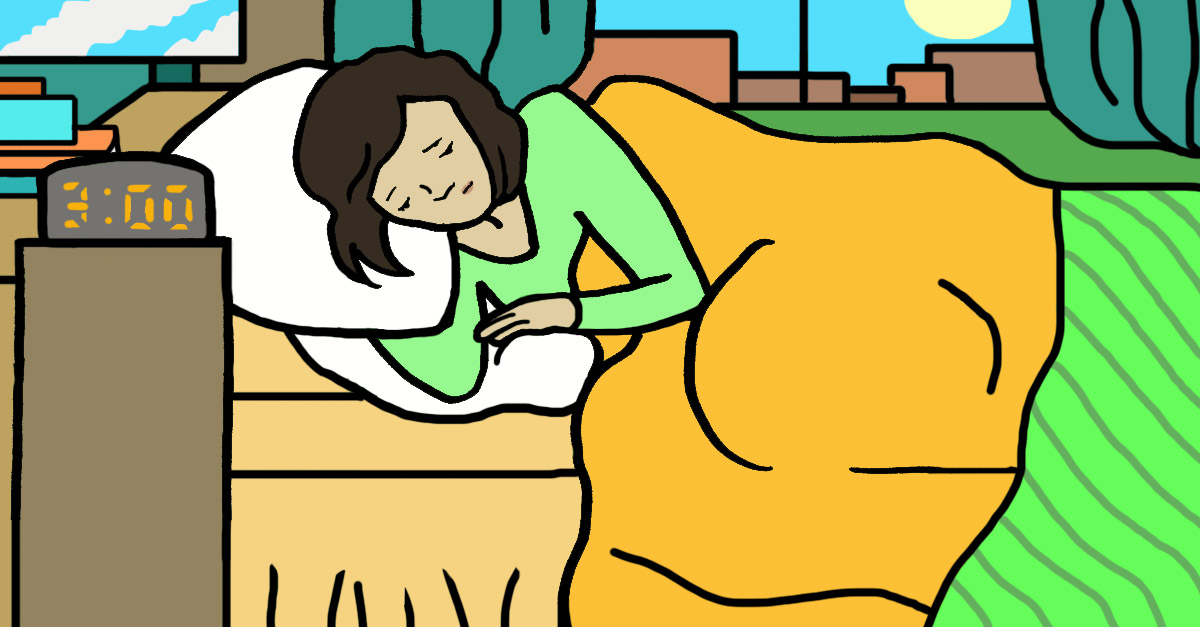

This effect is probably due to a build-up of substances in the brain that induce sleep when you go for a long period without getting enough sleep. Not only will you have more slow wave sleep than normal, it will be deeper. If you lose several nights of sleep, you will have a sharp rebound in your deep sleep. If you are less than 30, you may get two hours of deep sleep, while you may only get 30 minutes if you are older than 65. The amount of deep sleep you get will decrease as you grow older. Of your total amount of sleep, about 13-23% is spent in deep sleep. Poor sleep quality is also linked to such severe conditions as stroke, diabetes, heart disease, and Alzheimer’s disease.ĭiscover the best mattress for you to get the best sleep! How Much Deep Sleep Does Your Body Need?Ībout 75% of your sleep is spent in non-REM sleep, while the rest is spent in REM sleep. Your brain can be another organ that suffers from a lack of deep sleep ! Since it is during deep sleep that you process the day’s information, your brain may not be able to process this information if you don’t get enough deep sleep.

The hormone has many functions with a key one being its role in maintaining heart health.

The loss of slow wave sleep has been linked to a drop in human growth hormone production. Not getting enough deep sleep can have highly negative effects on your body. Other benefits of deep sleep include regenerating your cells, restoring energy, building bones and muscles, and strengthening your immune system. It processes more sugar during deep sleep, which supports short-term and long-term memory. You may think of learning as something you do when you’re awake, but your brain is highly active during deep sleep. It is longer during the first part of the night and then shortens with each sleep cycle. The first stage can last from 45-90 minutes. These include night terrors, sleep eating, sleepwalking, and bedwetting. This difficulty of waking up is the reason why several sleep disorders are associated with deep sleep. You will find it hard to wake up even if there are loud noises.

What is Deep Sleep and How Long Does It Last?ĭuring the stage of deep sleep (stage three), your brain waves, breathing, and heart rate become the slowest they will be while you are asleep. The final stage is rapid eye movement (REM) where your brain waves will be extremely active. There used to be a fourth stage, but it was combined with the third one. This period is referred to as slow wave or deep sleep. Next comes the third state where your brain waves are the slowest. Both your body functions and your brain waves will slow down, while your muscles relax.ĭuring the second stage, your body temperature will decrease, and your brain waves will slow down but will have occasional bursts of activity. You will spend several minutes transitioning from being awake to falling asleep. Your initial slumbers start with non-REM sleep. Sleep has two major phases: REM and non-REM sleep. Now that your curiosity is whetted, what is deep sleep anyway? The best way to understand that is to fully understand the stages we go through during sleep. If you wake up exhausted after many hours of sleep, there is a good chance that you did not get enough deep sleep while you slept. While you are no doubt familiar with REM sleep, did you know that there is a type of sleep that is just as important? It is known as deep sleep.Īlthough only a small fraction of total sleep is spent in this phase, it is highly important to help restore your body’s functions, particularly your memory!


 0 kommentar(er)
0 kommentar(er)
